Rashomon book by Ryunosuke Akutagawa is a short storybook. If someone asks me what is the most precious thing in the world? I want to answer it is a book. Nothing in the world as a whole can compare with a good book. A man who reads books can live a few times more than an average person who reads books.
Through reading books people able to know about a society or a community. Books are the storehouse of knowledge; through reading, people can collect otherwise. A man who reads books and a man who doesn’t read never can be the same.
So I think you must be a book lover, that’s why you are reading this article. You may know on which topic I will write about so far. Today, I will write about the Rashomon book, which is such an outstanding and familiar book in Japan. From this article, you will know about the review of this book, including the plot(shortly), the writer’s biography, and finally, my review. So let’s get started.
Short Biography Of Ryunosuke Akutagawa
Ryunosuke Akutagawa was born on 1 March 1892 in Kyobashi, Tokyo, Japan, when the Taisho period was going on in Japan. He was an expert in writing short stories; he was considered the Father of Japanese stories. Rashomon is the third story that Ryunosuke Akutagawa ever published.
At the age of 23, when he had just graduated with a western literature degree, some sources say English literature from the Tokyo Imperial University. So it’s clear a very young boy did unleash a good story. This writer had committed suicide on 24 July 1927 when he was 35 years old through an overdose of barbital.
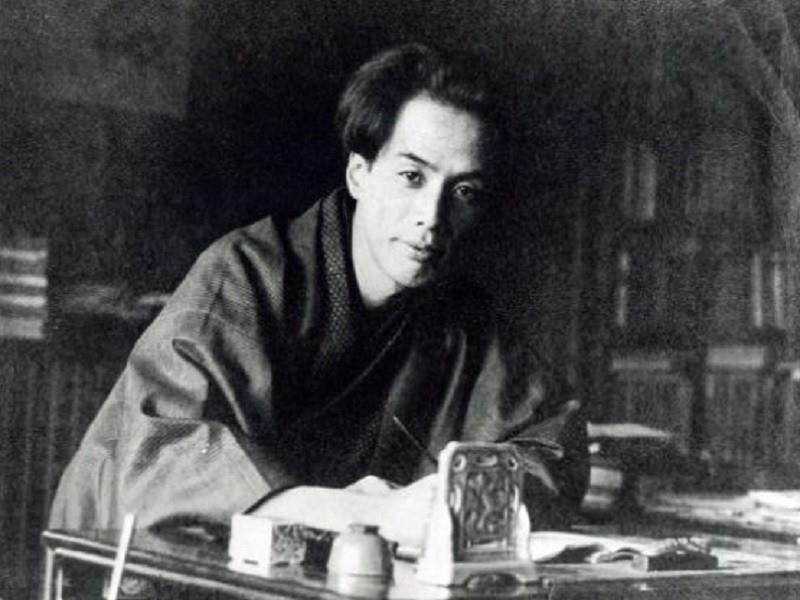
Ryunosuke Akutagawa
The Plots Of Rashomon
A recently fired servant is sitting at the Rashomon gate, at its pouring rain in terms of plot. He is sitting here and wondering what he will do with his life. Will he try the honest route or starve, or can he start thieving and stealing from others to survive? So he’s going through this big moment. What’s he going to do with the rest of his life.
Suddenly he sees a fire up at the Rashomon gate, and he’s like, hey, there should not be anyone; only the dead should be here. So he goes up the stairs, and he sees this ghoul hunching over these corpses picking the hairs out of their heads.
He starts to draw his sword and try to capture her from escaping, and that’s when he realizes it’s an old woman that is plucking the hairs out of the dead the old woman kind of confesses that she was trying to take hair from the recently deceased to make a wig sell the wig to survive. It’s kind of the same concept that this man was going through. So the man gets these feelings of hatred, and he says, this is wrong.
You shouldn’t do that; she says no, it’s okay. This woman chopped up a snake and tried to sell it as fish meat to soldiers, so she was terrible, so it’s okay defile her body, and he says, well, if it’s okay to abuse the wicked, you also are wicked, he takes her clothes kicks her down and takes off from the Rashomon gate having thieved from her in the same way that this woman was thieving from that corpse is the overall plot.
So the servant has decided that he would turn thievery, but he would steal from the living, and in his mind that was okay, but this older woman stealing from the dead is an evil act in his mind. From the woman’s perspective, she is doing what she needs to do to get by; he would steal from the living to independently.
Inside Rashomon Book By Ryunosuke Akutagawa
It was first published in 1915; the Rashomon effect has become a prominent cultural term referring to multiple views that revealed different interpretations of a single incident. The following story is more compact in scope. One night in pouring rain under the Rashomon gate to the ancient city of Kyoto, capital of 12th century Japan’s an unemployed servant and a poor old woman encounter
one another story’s plot is tight progresses rather fast Rashomon. It is an insightful cruel story that holds a disturbing convincing narration that truth can be revealed as relative and partial rather than absolute and might change from one person to the next depending on the point of view.
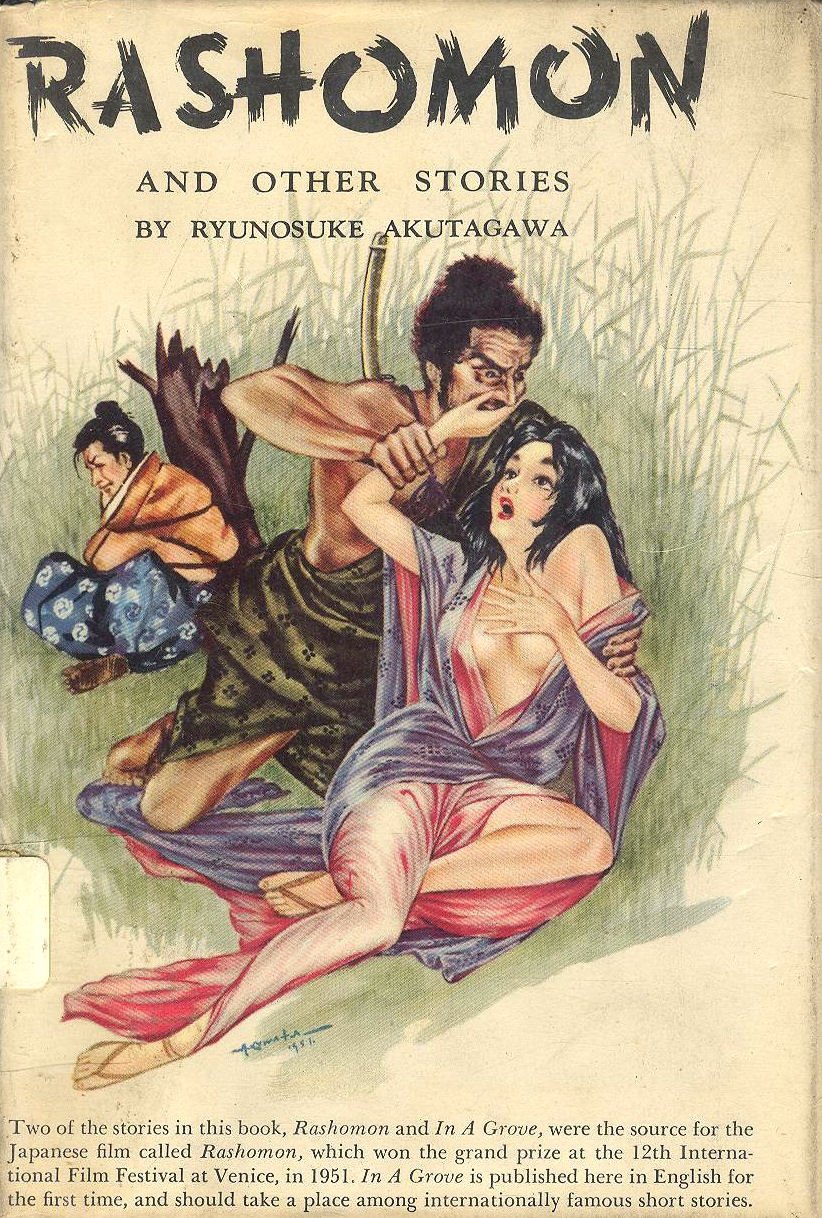
Rashomon Book By Ryunosuke Akutagawa
I thought that was interesting; there are different opinions and viewpoints, but now they’re both going to be thieves, but if you are stealing from the dead, it’s not okay, but you steal from the living, it’s okay in the mind of the servant. That was such an exciting story.
So what ends up happening is the servant says something along the lines of, well, you know, since you are okay with thievery, I will steal from you so that I can survive another day, and he steals some clothes from her.
But in his mind, it was okay, but he was stealing from a live man. So they’re both stealing from people, but it’s an evil act from one perspective. From the other perspective, it’s okay based on who they’re stealing from.
If you have read this book already, let me share your thoughts by commenting on the below comment box. If you found any mistake here, please inform me. Thanks for reading. If you are interested in reading more articles like this, you can read about Salvation Of A Saint.

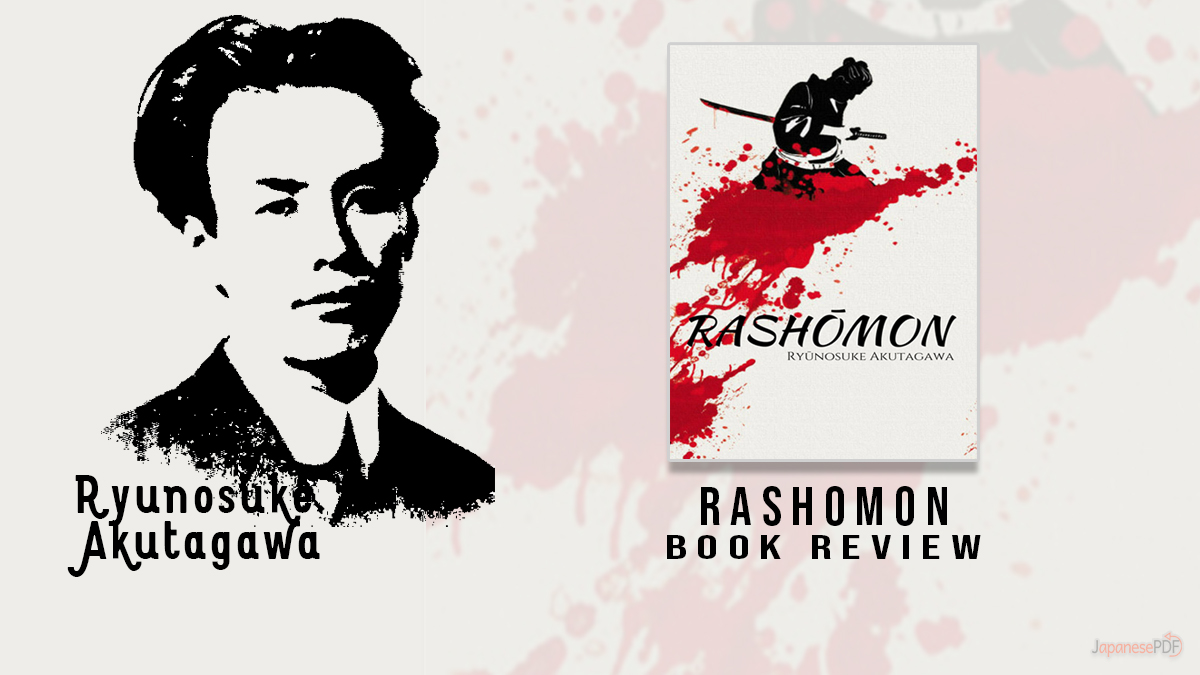
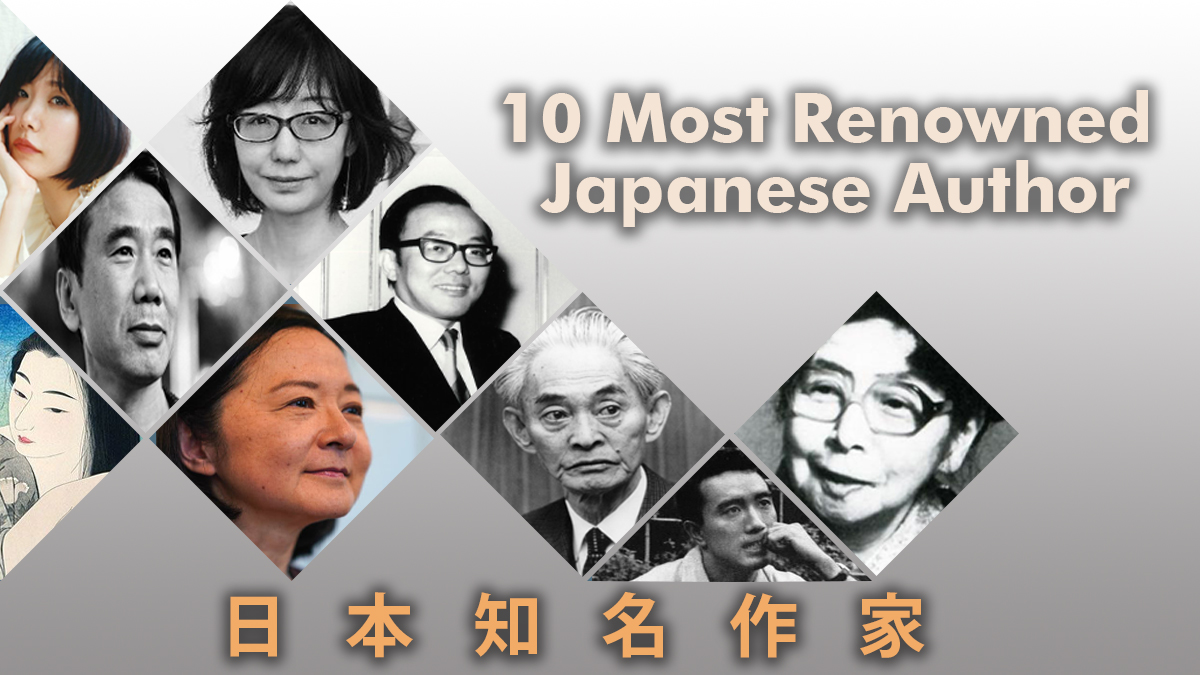
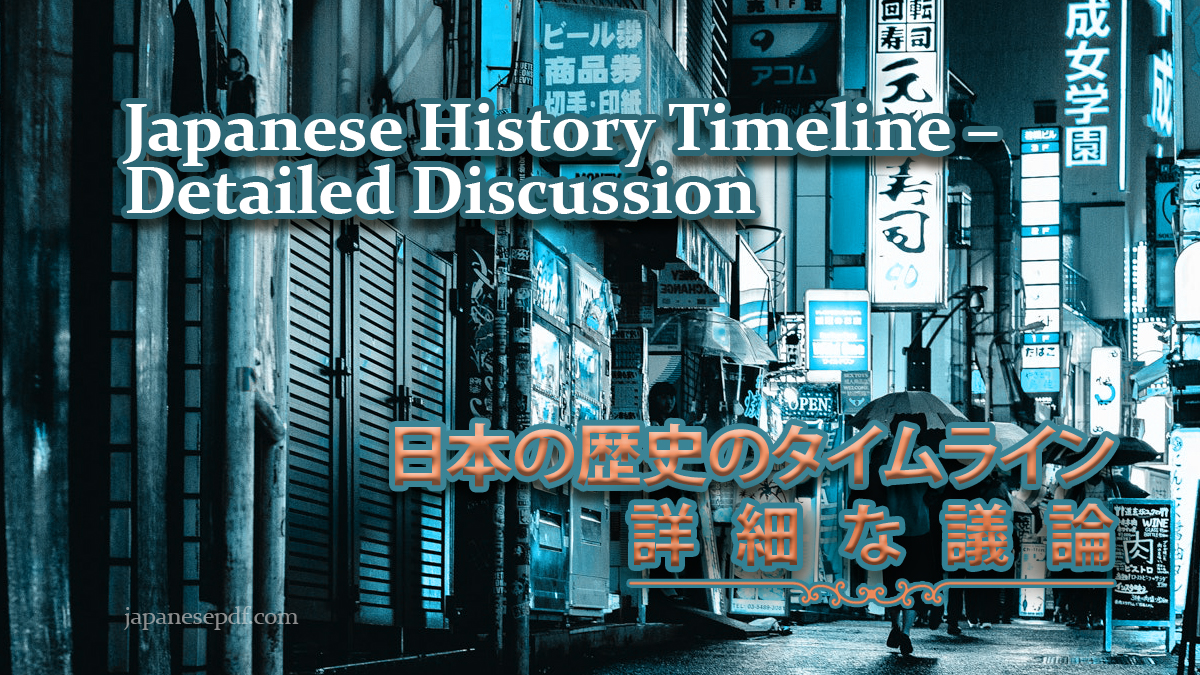


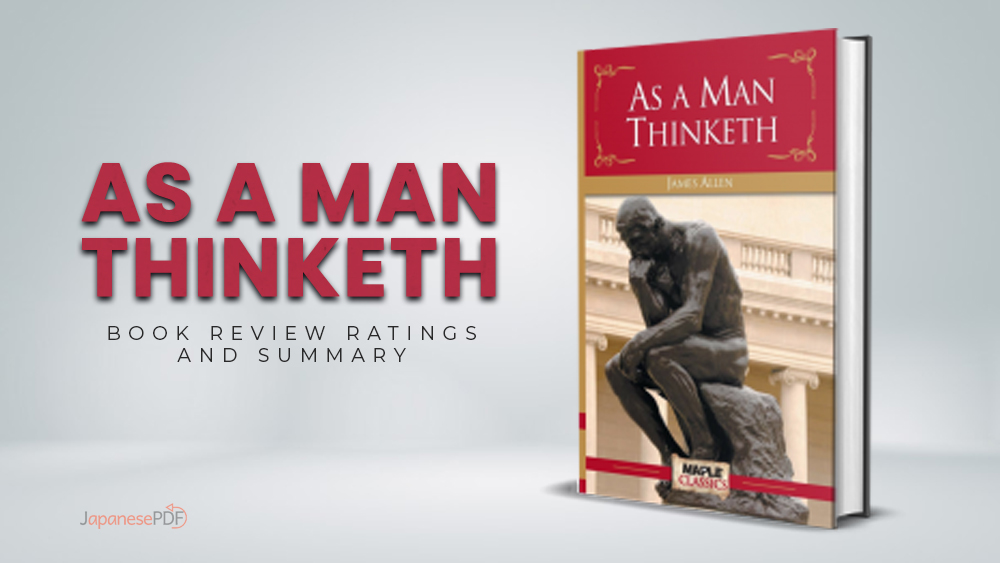
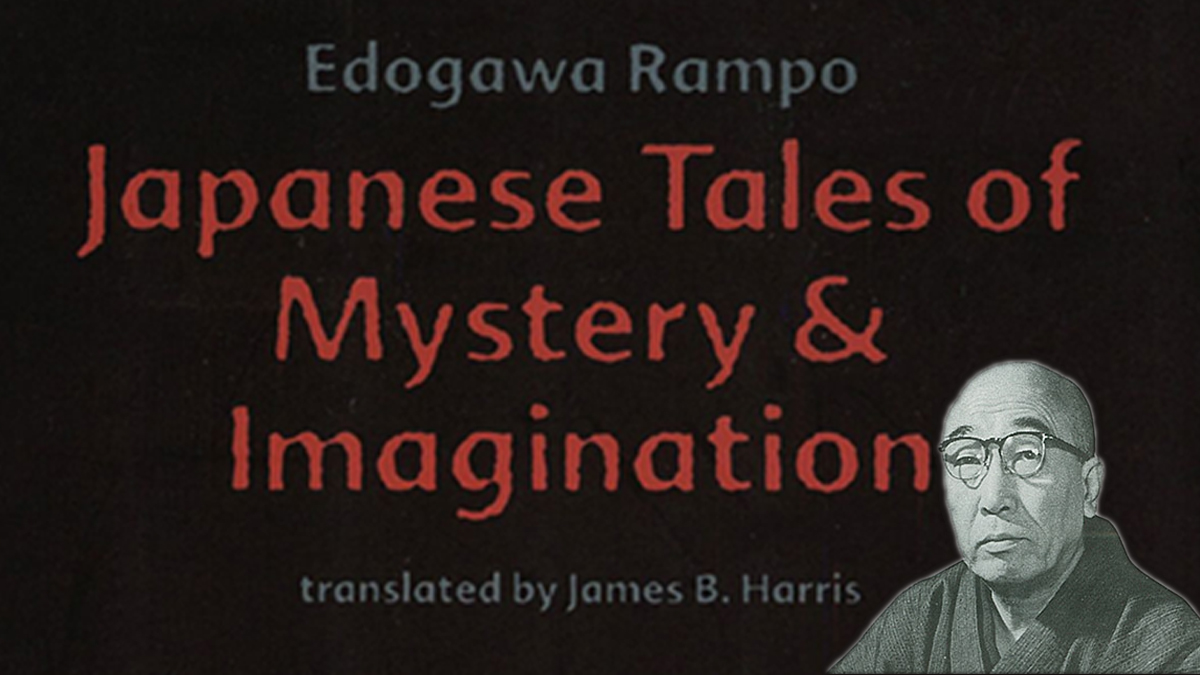





Comments